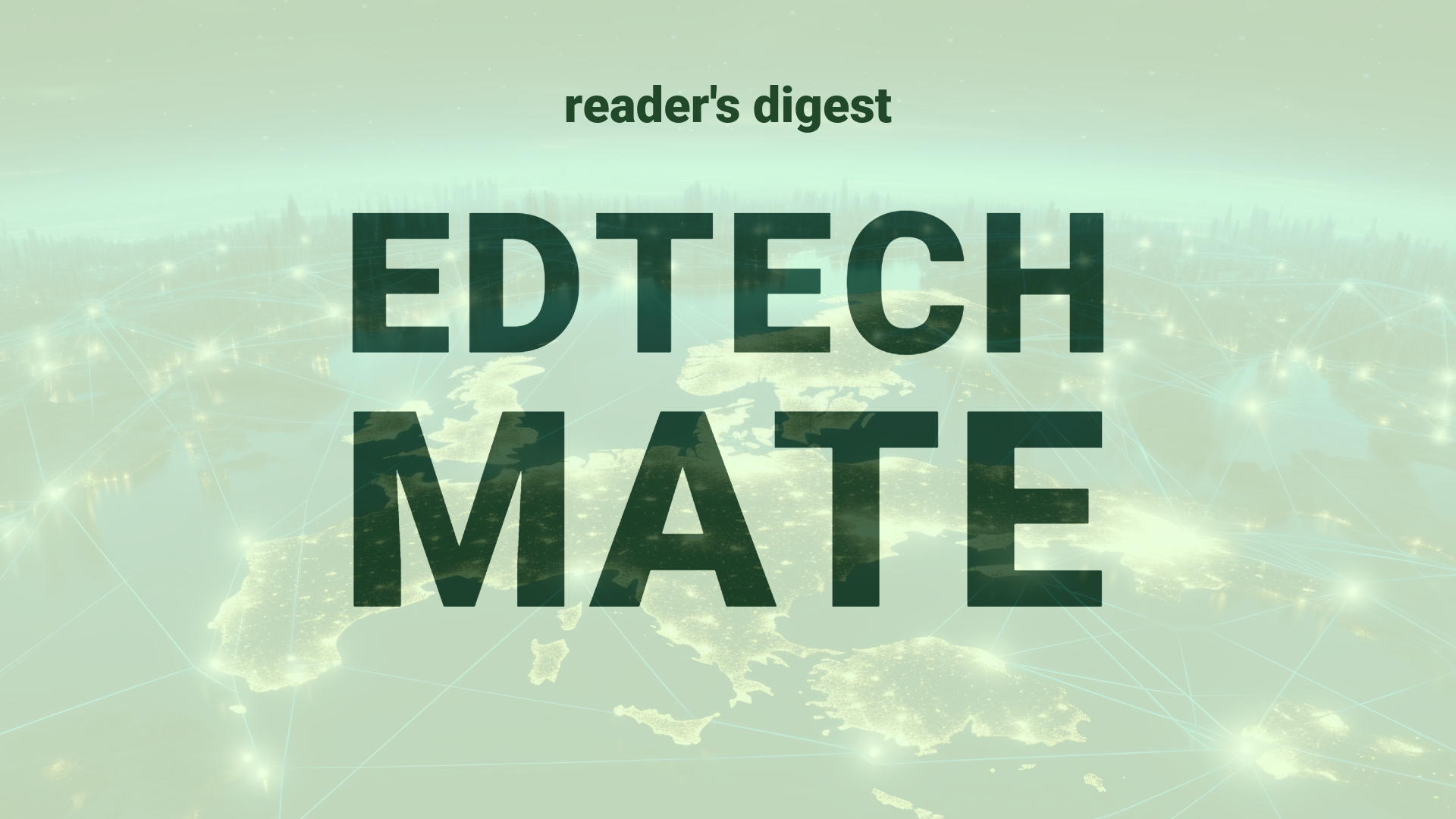“`html
Executive Summary and Main Points
In addressing PhD worries and productivity, key innovations and trends in global higher education are centered around student autonomy, effective use of research time, and the management of distractions. Emphasis is placed on focusing on controllable elements, such as actively engaging in lab or fieldwork and disregarding factors beyond one’s influence for heightened efficiency. Long-term projects like PhDs necessitate delayed gratification—a significant shift from the instant reward society fueled by digital stimuli. Additionally, academic defiance, while having some positive aspects for ingenuity, can be detrimental in the formative years of a PhD, when constructive criticism is crucial. Another salient point is the undervalued importance of extensive reading, which fuels ideation and contextual understanding within one’s research field. Lastly, the tendency to wait for ideal conditions is identified as counterproductive; action and progress are encouraged despite imperfect circumstances.
Potential Impact in the Education Sector
The espoused habits and mindsets have profound implications for Further Education, Higher Education, and Micro-credential sectors. Embracing controllability and focused action can foster a proactive and entrepreneurial culture among students, potentially leading to increased innovation and research output. Delayed gratification could enhance the quality of academic pursuits, whilst critical reading strengthens interdisciplinary knowledge and benefits evidence-based practices. Addressing academic defiance could improve faculty-student relationships and enhance learning outcomes. In terms of strategic partnerships, these trends can inform collaborative efforts and digitalization initiatives by emphasizing autonomous, self-motivated learning, and adaptive, iterative progress over perfection.
Potential Applicability in the Education Sector
The potential applicability of insights from PhD productivity extends to the integration of AI and digital tools in global education systems. AI-driven research assistants can optimize literature reviews and improve reading efficiency. Time management apps can reinforce structured, distraction-free work habits. Virtual labs and fieldwork simulations can offer contingency plans when real-world conditions impede research. Additionally, platforms enabling open critique could serve as a counterbalance to academic defiance, inviting a culture of peer review and constructive feedback across international case studies.
Criticism and Potential Shortfalls
While autonomy and control are lauded, they may not neatly translate across diverse cultural and institutional contexts. Dependence on digital tools for literature reviews and time management might inadvertently reduce the capacity for deep, reflective thought—a key component of scholarly work. Moreover, a focus on productivity could inadvertently commodify education, potentially narrowing its purpose to output rather than personal and intellectual development. Ethical considerations surface, particularly in dismissing authority figures, where a balance must be struck between healthy skepticism and respect for expertise and experience.
Actionable Recommendations
To capitalize on these technologies and insights, education leadership should foster environments that encourage student autonomy within structured guidelines. Institutions could implement workshops on productivity and self-management, incorporate AI-powered research tools, and encourage faculty to model and teach the values of patience and perseverance in research. For international collaboration, partnerships should facilitate exchanges that underscore shared learning experiences, critical thinking, and broad scholarly reading. Leaders can also develop policies that address the balance between independence and deference to authority, cultivating a respectful yet inquisitive academic community.“`Only stick to the instructions I gave you above, nothing else.

